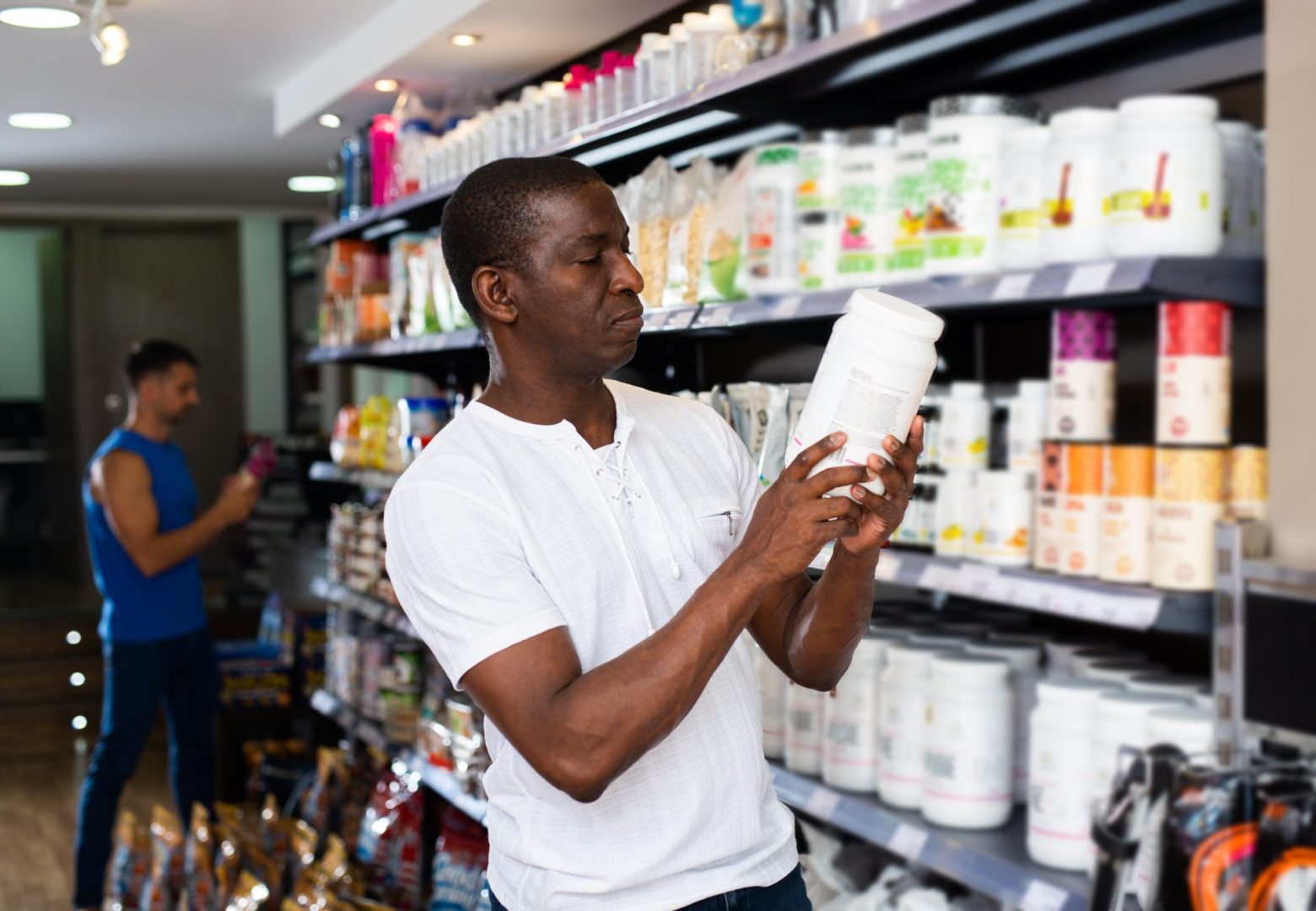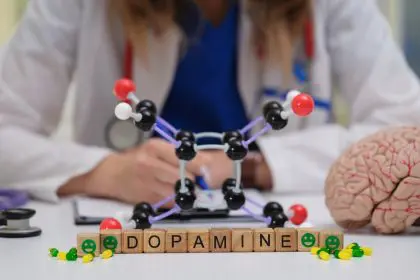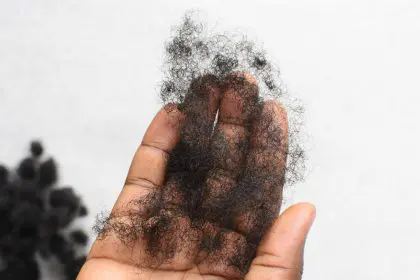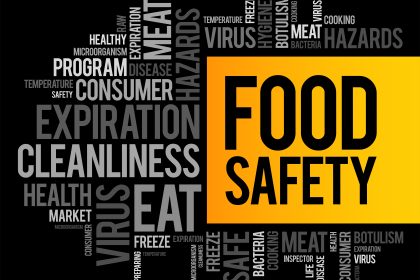Just when you thought you had your health game figured out, a bombshell report from the Clean Label Project dropped on January 9 that’s making fitness enthusiasts everywhere question their protein powder choices. If you’re among the millions who rely on these supplements for your gains, you might want to pay attention to what’s really in that shake.
The scary truth about your protein powder
Think those ingredient labels tell you everything? Think again. The latest findings reveal a disturbing truth about what’s lurking in your favorite fitness supplements. While you’ve been counting macros and measuring scoops, heavy metals like lead and cadmium have been sneaking into your shakes without making it onto the label.
Lead isn’t just another ingredient it’s a known neurotoxin that can mess with your brain development and send your blood pressure through the roof. And cadmium? This sneaky metal can damage your kidneys and potentially increase your cancer risk, according to OSHA’s latest research.
The shocking numbers no one’s talking about
Hold onto your shaker bottle, because these statistics are about to rock your world. A whopping 77% of plant-based protein powders exceeded California’s safety limits for toxic metals. If you’re thinking organic is safer, prepare for disappointment 79% of organic options failed the test too. And chocolate lovers, brace yourselves your flavored powder could pack up to 110 times more cadmium than vanilla varieties.
Here’s where things get complicated for our vegan friends. Those plant-based powders you thought were the healthier choice? They’re actually containing three times more lead than whey protein. Rice, pea, and soy-based proteins seem to be the biggest offenders, forcing many to reconsider their supplement choices.
What’s really in your post-workout shake
The Clean Label Project tested 160 different protein powders, and while only three contained concerning levels of BPA and BPS, the heavy metal situation is far more widespread. Even more concerning? These contaminants don’t show up during routine testing, meaning you could be consuming them without any warning signs.
If you’re a chocolate protein fan, this might be hard to swallow. Chocolate-flavored powders showed significantly higher levels of both lead and cadmium compared to other flavors. The reasons aren’t entirely clear, but the numbers don’t lie chocolate varieties consistently ranked among the most contaminated options.
How to choose safer alternatives
Not all protein powders are created equal, and some brands are doing it right. WICKED Protein, Ritual, and Needed have earned spots on the Clean Label Project’s safe list through rigorous testing. If you’re sticking with plant-based options, vanilla-flavored pea protein powders seem to be your safest bet.
Here’s where things get tricky. The report doesn’t specify exactly how much protein powder consumption they based their findings on, making it difficult to assess your personal risk level. Dr. Wu points out that while California’s Proposition 65 guidelines are helpful, understanding your actual exposure depends heavily on your individual usage patterns.
Making smarter supplement choices
If you’re not ready to give up on protein powder completely, consider these alternatives. Whey and egg-based proteins typically show lower levels of contamination. For plant-based consumers, focusing on vanilla-flavored pea protein options might help minimize your exposure to heavy metals.
This revelation is forcing the supplement industry to face some hard truths. Many companies are already working to implement stricter testing protocols and source cleaner ingredients. The demand for transparency is growing, and manufacturers who prioritize safety over profits are likely to lead the next wave of protein supplements.
What you can do right now
While the industry catches up to these concerns, you’re not powerless. Start by checking if your brand made the Clean Label Project’s safe list. Consider switching to whey-based options if you’re not plant-dependent, or opt for vanilla over chocolate flavors. Most importantly, remember that protein powders are supplements, not necessities getting your protein from whole food sources is always an option.














